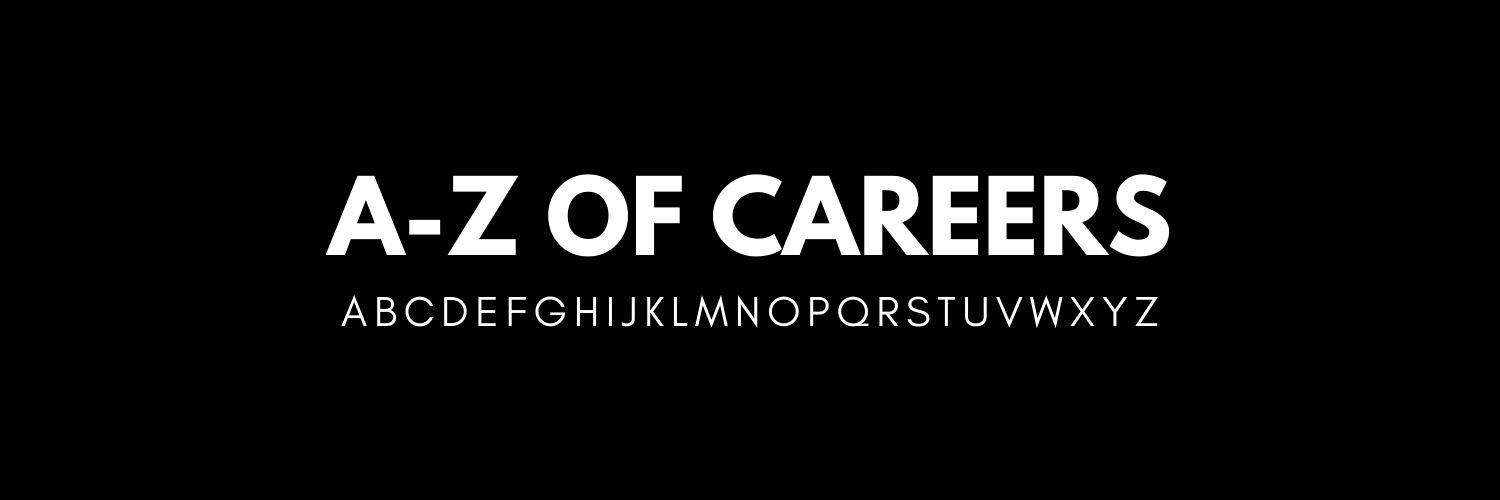What is reflection? How does it relate to your career? We share how you can use reflection throughout your career to help you succeed.
Reflection. Is it looking in the mirror? Or now when you see your own face on screen during a video call? Yes, but it’s also so much more.
True reflective practice enables us to consider and re-consider our actions and words, and helps us to improve in our day-to-day work – whatever we do.
I’ll stop talking mysteriously and start applying this.
There’s two ways of reflective practice; reflecting IN action, and reflecting ON action.
You’ll be doing both already without knowing it.
Imagine this: You’re in a team meeting, sharing an idea you’ve had for a new creative direction. Your bosses face contorts into something that resembles severe disapproval, and without him muttering a word, you find yourself back-tracking and changing direction for the pitch. As his face eases towards a smile, you know you’ve hit a good thing, and eventually stop speaking.
That’s reflecting IN action – you’ve got your feedback (unhappy face) you’ve reflected on your approach, and immediately edited what you’re saying, to something that produces better feedback (a smile).
Reflecting ON action can be done a range of ways; training and conferences, team meetings and many more. The chance to step back from a particular situation, or your day-to-day work in general, and see it through a different perspective of a new thing you’re learning, or just using some hindsight.
Reflection can happen individually, but also team reflection can be helpful. It can help to reflect with a manager or coach who can provide an alternative approach to the same situation.
So… how can reflection help YOU in what you’re doing NOW?
I received some great advice earlier this year; to end each day by listing three things that went ‘ok’. Not necessarily wonderful, but three things that are good, acceptable, ok. This helps your mindset into seeking the good in each day, but also helps you REFLECT on areas of success, and perhaps then also how you came to that success, and how that could be emulated in other areas of your work.
Reflecting is a great path to answering interview questions as well. ‘Tell me a time when you… managed a difficult colleague/ overcame a struggle/ had a great success/ innovated’ – all these types of questions require you to reflect on your work so you can provide some great answers!
Reflect also about how you felt in the interview. Did they make an effort to support or intimidate you? Reflect on how you perceived the work and team to be. Reflect on if you want the job.
Don’t forget – interviews are two way, they just get to ask their questions first!
When you get a job application or interview rejection, reflect on it. Don’t beat yourself up, but have a ponder on what you felt were the successes and areas of improvement for next time. Ask for feedback, and reflect on what they’ve said – do you agree with it? What do you want to do with it?
Reflect on your approach to your job search:
Are you making the most of LinkedIn? (If not, read this)
Have you had a Careers Advice Appointment recently? (If not, book here)
Is your CV tip-top? (If not, try this)
Are you interview-ready? (If not, try this)
Reflect on each opportunity you come across too. Think about how it may help you, and what you can give, and gain from it.
What are some tools to help you reflect?
The STAR technique is a great way to answer a situational interview question. STAR = Situation, Task, Action, Response. As you reflect upon (and then in interview share) each of these parts in turn, it helps to contextualise your answer to be thorough and complete in sharing your experience as a complete story.
Another well-known reflective tool is the SWOT analysis. By working through your Strengths, Weaknesses, Opportunities and Threats, you become more self-aware, and able to consider career decisions from that basis. Perhaps you could do one about your job search?
The third I’ll share today, and one of my favourites, is Gibbs’ Reflective Cycle. Going round in a circle you can write some notes on each area, and then go round again thinking a bit deeper if you want to! Description, Feelings, Evaluation, Analysis, Conclusion, Action.
Finally, a plug for reading. Reading helps me reflect as I consider myself, or my work, in the context of each article or book. When I read a book like ‘The Ruthless Elimination of Hurry’ I reflect on the speed of life. When I read a book like ‘The Power of Habit’ I reflect on how to make the most of embedding good habits, and also how huge corporations are already tapping into and taking advantage of societal habits. When I read a book like ‘Eleanor Oliphant is absolutely fine’ I reflect on how recently I’ve had a good chat with or checked in with colleagues.
Allow yourself to be challenged and to reflect on things you’ve read, watched and noticed in the world around you too.
Getting further support from The Careers and Enterprise Team at CCCU
You can get ongoing careers support via the following ways:
- Email careers@canterbury.ac.uk
- Log onto the Careers and Enterprise Online Hub to access resources such as CV360, Interview Simulator and more. Our Live Chat function is also available for you to speak to us 10-12 and 2-4 Monday to Friday
- Check out our YouTube channel for more advice and signposting
- Don’t forget our workshops – all online and free and for all current students and recent alumni (up to 3 years post-graduation).
 Careers and Enterprise Blog
Careers and Enterprise Blog Susannah Gilbert
Susannah Gilbert 700
700


